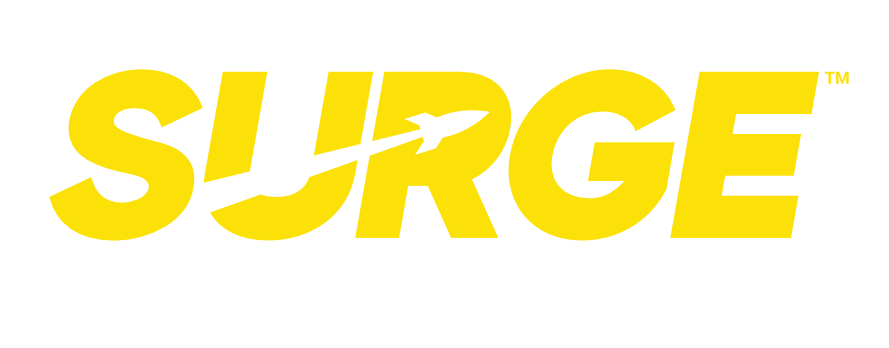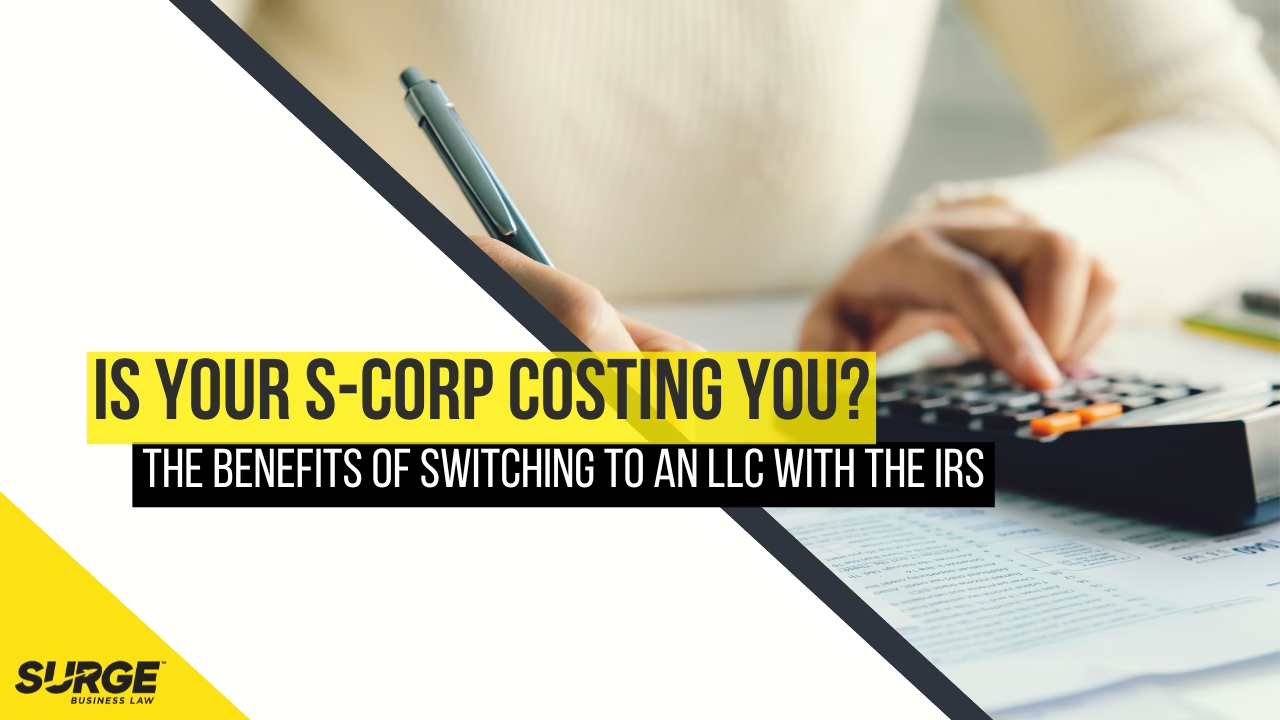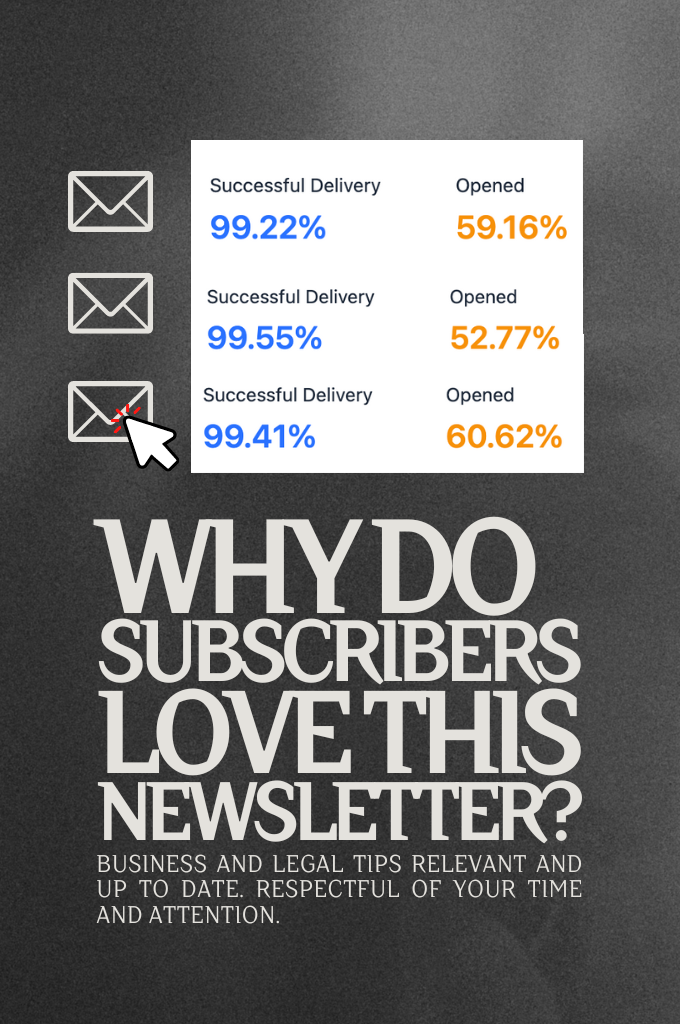Is Your S-Corp Costing You? The Benefits of Switching to an LLC with the IRS
Running an S-Corporation could be costing you in ways you didn’t expect.
In what ways, you ask? Let’s break this down in this blog. Watch this video to learn how understanding the role of S-Corp taxation could serve your best interests.
Understanding the Difference Between S-Corp and LLC
Though many people often compare LLCs and S corporations, they represent distinct entities. The main distinction is that an S-Corp is not a type of business but a tax classification. This means that your business could be a corporation, partnership, or other entity that elects to be taxed as an S-Corp. The Internal Revenue Service IRS uses this “lens” to determine how your business’s income is taxed. It’s important to note that an S-Corp is different from a C-Corp, which faces double taxation on profits—once at the corporate level and again when distributed as dividends.
The truth is, the complexities of S-Corp filings could be costing you more time and money than necessary. Switching to an LLC might be the business tax strategy that simplifies your tax preparation while offering the same protections.
You can choose to be taxed as an S-Corp to save on self-employment taxes potentially, have the flexibility to pay yourself a salary, and enjoy other benefits. However, while this can seem appealing, it comes with a catch: extra paperwork and complexity, to name a few disadvantages.
Benefits of Converting an S Corp to an LLC
If your business no longer benefits from the S-Corp tax status, switching to an LLC can simplify your life. Here’s why making the change could benefit your business:
- Asset Protection – Simplifying your business structure makes it easier to keep the strongest asset protections. Making mistakes with your bookkeeping can allow a creditor to ‘pierce the corporate veil’ and sue the owner of the business.
- Tax advantages – LLCs are subject to pass-through taxation, which means the profits and losses are divided among the owners. Simpler tax situations mean it’s cheaper, easier, and faster to file your taxes and stay compliant.
- Flexible Management Options – LLCs have lower recordkeeping requirements, which means less paperwork overall.
For those asking how to make this switch (from S-Corp to LLC) for small businesses, it’s mostly a matter of paperwork. The right tax expert can guide you through each step to ensure you stay compliant.
Is Your Business Structure Still Right for You?
Every business structure has tax implications. Switching to an LLC from an S-Corp could offer a more straightforward and more efficient business tax strategy. You’ll still enjoy the same liability protection but with less paperwork and more flexibility.
Moving to an LLC might be the wiser choice for small businesses looking to streamline their tax processes. If this is something you are considering for your small business, contact a tax advisor today. Asking a tax expert might be the best move for the future of your business.



